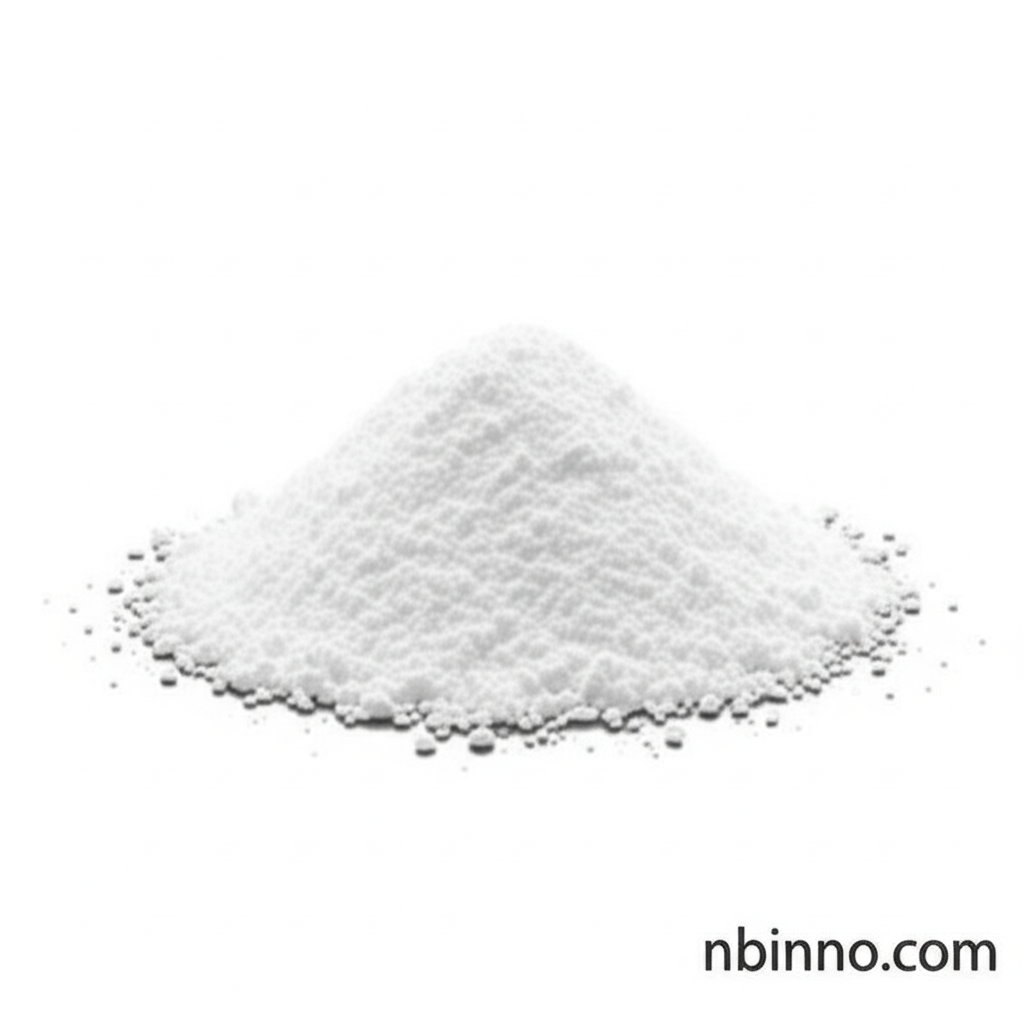4,4'-Azobis(4-cyanovaleric Acid): A Versatile Azo Initiator for Advanced Polymer Synthesis and Chemical Applications
Discover the key to controlled polymer synthesis and advanced chemical applications with this essential azo initiator.
Get a Quote & SampleProduct Core Value

4,4'-Azobis(4-cyanovaleric Acid)
4,4'-Azobis(4-cyanovaleric acid) is a crucial chemical compound, widely recognized as a water-soluble azo initiator. Its primary function is to initiate free-radical polymerization processes, making it indispensable for synthesizing a wide array of polymers, including but not limited to polyvinyl chloride, polyacrylonitrile, and polyvinyl alcohol. The presence of carboxyl groups also allows for post-polymerization modifications, offering enhanced versatility in material design.
- A key aspect of using this 4,4'-Azobis(4-cyanovaleric acid) polymerization initiator is its ability to facilitate controlled polymerization, particularly in techniques like RAFT.
- The chemical properties and uses of ACVA make it a preferred choice for researchers and manufacturers seeking reliable polymerization initiation.
- The synthesis of polymers with ACVA is streamlined due to its predictable decomposition kinetics.
- As a functionalized organic compound, this azo initiator provides a stable and effective method for initiating polymerization reactions.
Advantages Offered by the Product
Efficient Polymerization Initiation
Leverage the power of free radical polymerization with this reliable azo initiator, ensuring consistent results for various monomers.
Enhanced Material Properties
Utilize the acid functionalized azo initiator to achieve polymers with tailored properties and improved performance characteristics.
Versatile Application Spectrum
From plastics to synthetic fibers, the broad applications of ACVA in chemical synthesis make it a valuable component in diverse manufacturing processes.
Key Applications
Polymer Synthesis
As a primary azo initiator for polymerization, it is fundamental in creating polymers like PVC and polyacrylonitrile, vital for numerous industries.
RAFT Polymerization
The use of ACVA in controlled/living radical polymerization techniques such as RAFT allows for precise control over polymer molecular weight and architecture.
Chemical Synthesis
Its role extends to various chemical synthesis pathways, where its radical-generating capability is instrumental in creating complex organic molecules.
Blowing Agent
In specific formulations, it can function as a blowing agent, contributing to the creation of foamed plastics and elastomers.
